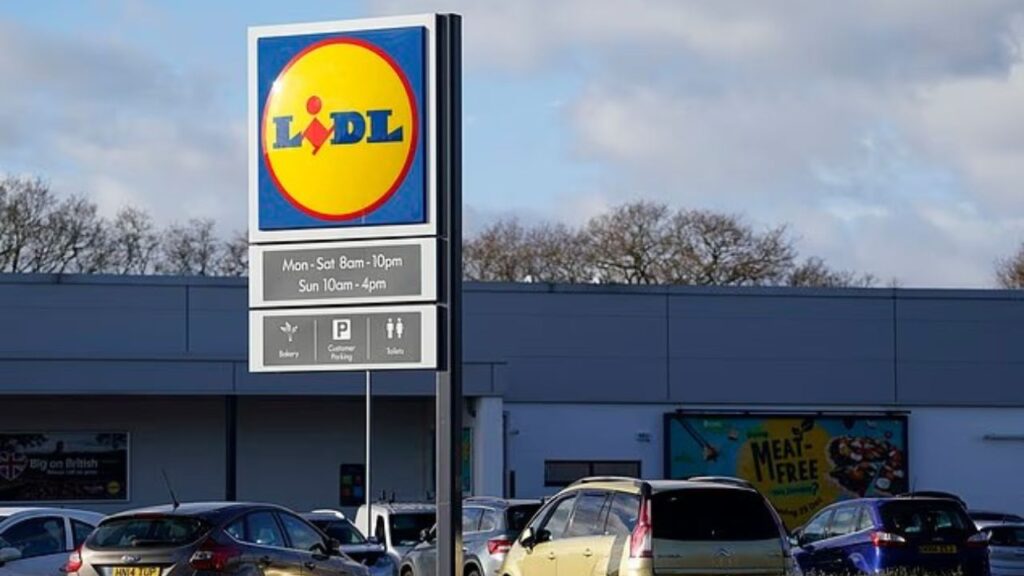Britain’s Cheapest Supermarket Changes After 20 Months
For the first time in 20 months, Aldi has lost its title as the UK’s cheapest supermarket, with Lidl now taking the lead. According to consumer group Which?, Lidl emerged as the most affordable option for a shopping list of 79 items.
This monthly study evaluates prices at eight of the UK’s largest supermarkets, and Aldi had maintained the top position for nearly two years. The 79-item list featured a mix of branded and own-brand products, including Birds Eye peas, Hovis bread, milk, and butter.
The analysis accounts for special offers and loyalty discounts, excluding multibuys. Lidl’s average shopping bill for the month was £128.40, while Aldi’s prices were 85p higher. Additionally, members of the Lidl Plus loyalty scheme could save an extra 40p on their grocery bill.
In contrast, a longer shopping list at Asda totaled £474.12, which was £7.47 cheaper than Tesco’s Clubcard price of £481.59. Asda continued to outperform Tesco even in a larger list of 192 items, although Aldi and Lidl were not included in this part of the study due to varying stock.
Waitrose was identified as the most expensive supermarket, with a larger shop averaging £538.33—£64.21 more than Asda, representing a 14% increase. For a smaller selection of items, Waitrose averaged £170.91, costing shoppers £42.51 more than at Lidl with a loyalty card, a 34% increase.
Tesco Clubcard members paid an average of £141.92 for a smaller shop, which is £13.92 more than at Lidl with a loyalty card. Without a Clubcard, Tesco shoppers spent £145.10. In comparison, Sainsbury’s shoppers using a Nectar card averaged £144.21, while those without paid £149.55.
Reena Sewraz, Retail Editor at Which?, commented, “Lidl has taken the top spot as the UK’s cheapest supermarket for the first time in 20 months, demonstrating its competitiveness against Aldi even without loyalty discounts. Asda remains the cheapest non-discounter supermarket, outperforming Tesco, Sainsbury’s, and Morrisons.”
As families face rising food prices, many are opting for simpler meals with own-brand products and fewer ingredients, as grocery price inflation has reached an 18-month high. Prices for fresh meat, chocolate, butter, and spreads are increasing rapidly, while costs for dog food, sweets, and laundry products are declining.






